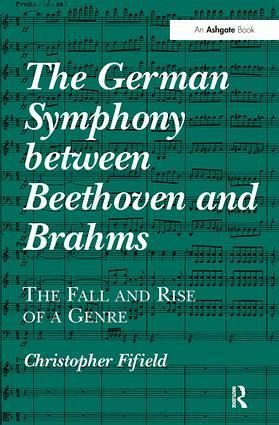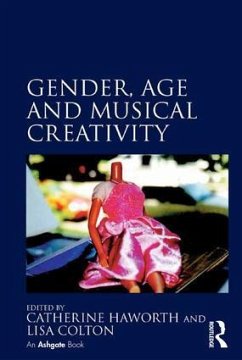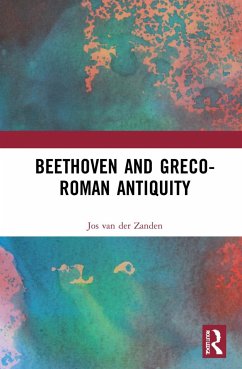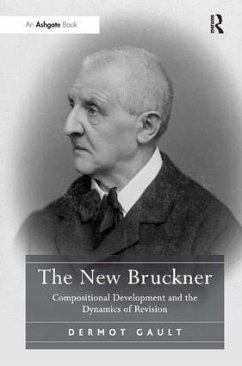
The German Symphony between Beethoven and Brahms
The Fall and Rise of a Genre
Versandkostenfrei!
Versandfertig in 1-2 Wochen
168,99 €
inkl. MwSt.
Weitere Ausgaben:

PAYBACK Punkte
84 °P sammeln!
It was Carl Dahlhaus who coined the phrase 'dead time' to describe the state of the symphony between Schumann and Brahms. Christopher Fifield argues that many of the symphonies dismissed by Dahlhaus made worthy contributions to the genre. He looks at the non-programmatic works of the five decades between the mid-1820s and mid-1870s. Composers who lead to Brahms are frequently dismissed as epigones of Beethoven, Mendelssohn and Schumann but by investigating their symphonies, Fifield reveals their respective brands of originality and in so doing, shines a light into a half-century of neglected n...
It was Carl Dahlhaus who coined the phrase 'dead time' to describe the state of the symphony between Schumann and Brahms. Christopher Fifield argues that many of the symphonies dismissed by Dahlhaus made worthy contributions to the genre. He looks at the non-programmatic works of the five decades between the mid-1820s and mid-1870s. Composers who lead to Brahms are frequently dismissed as epigones of Beethoven, Mendelssohn and Schumann but by investigating their symphonies, Fifield reveals their respective brands of originality and in so doing, shines a light into a half-century of neglected nineteenth-century German symphonic music.














